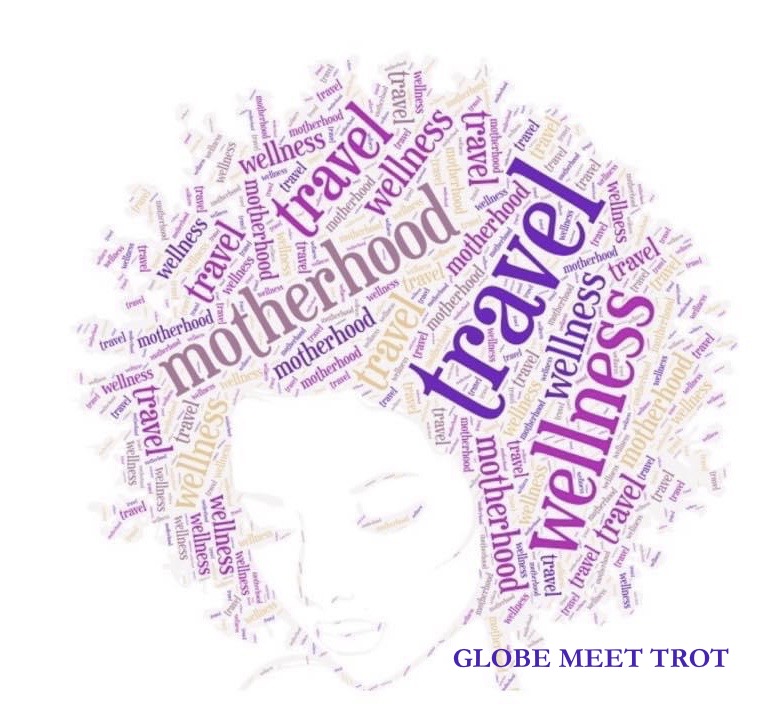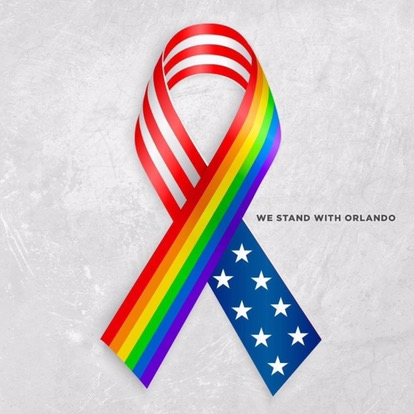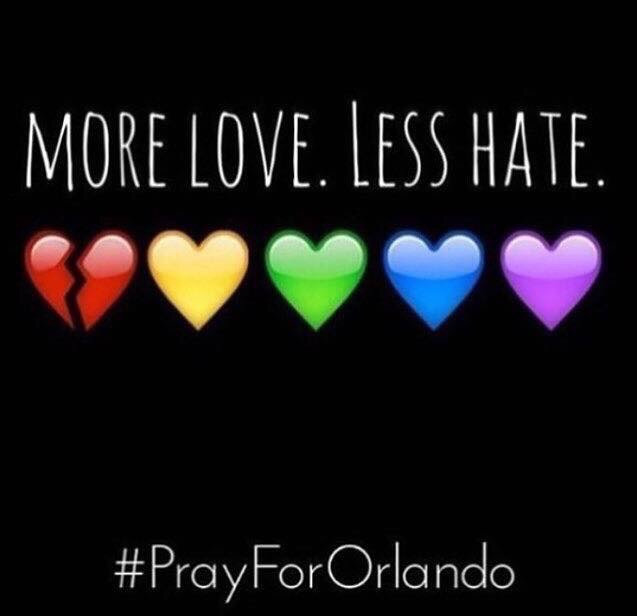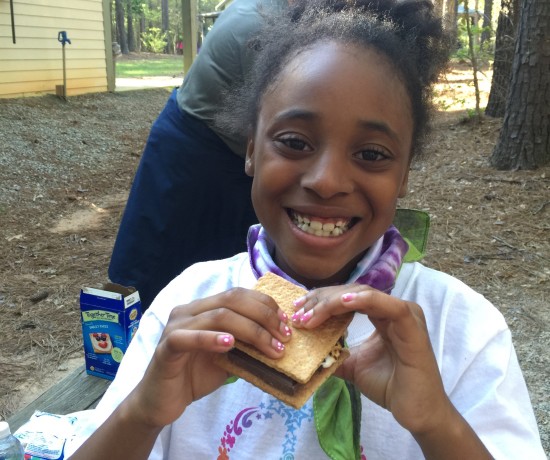It seems that Miss Pickles and I have been talking a lot about the bad things that happen in the world in these past few weeks.
I’ve spent some time thinking about and critiquing my talks with her and how to improve on my delivery.
As parents, we are always striving to protect our children from harm, and also at times, from knowledge of bad things. After all, none of us wants to inadvertently harm our children, or make them needlessly afraid. However, we must balance the desire to “do no harm,” with the need to grow well- informed world citizens.
With the exception of grief and loss, Miss Pickles has, in my opinion, led a rosy existence. One where we have shielded her from many things that we have felt were inappropriate or too complex for her to comprehend. But as she grows older, that is harder and harder to accomplish. Her friends have knowledge of current events that they share, for better or for worse, with her. I’m blessed that she comes to me and my husband with her follow up questions, which lead us into good conversation.
So with that in mind, here’s how I navigate those tough conversations.
1. There’s the option to not discuss. I’ve heard adults discussing adult things in front of children, and it makes me cringe sometimes. Just because something has happened doesn’t mean your child has to know about it. This has to be tempered with creating a person who is informed and curious about the world in which they live.
2. Avoid the gory details. Seeing blood and guts and dead bodies can be upsetting even for adults. Having seen my share of all of that, I can tell you it can be the stuff of nightmares. In our oversaturated media society, it can be difficult to shield kids from gruesome images.
Tip: If you wouldn’t want your kids to see it in a movie, they don’t need to see it on the news.
It is possible to give generalized information. The devil is in the details- know what to leave out of the conversation, i.e., method of death.
Verbiage: “Something bad happened and many people were hurt. Some were even killed.”
3. Limit access/screentime to news media/news reporting. Again, we get information from everywhere all the time. When a tragic event happens, this is amplified and in many ways almost inescapable. Kids absorb information and process it differently than adults. Avoid oversaturating them by limiting how much time these events are playing out on your TV. Again, we don’t want information to be so obtrusive that it becomes an obsession.
4. Answer questions honestly and in age appropriate ways. This is the tricky part. How much is too much. I often find myself searching for words that adequately describe an event, without being too graphic or overly sophisticated. By answering your child’s questions, it gives you insight into what their concerns are surrounding the event (“Am I in danger?”) and helps to steer the conversation.
5. Say “I don’t know.” Miss Pickles is very big on the wherefore’sand why’s nowadays. I take it she’s trying to understand her world and the things that happen in it. And our kids look to us to have ALL the answers. All. Of. Them. All. The. Time. And sometimes I have to tell her that “I don’t know.” Becuase that’s the truth.
Verbiage: ” I don’t know what drives someone to hurt innocent people. I don’t know why bad things happen in the world.”
And I’m guessing, neither do you. And that’s ok.
6. Express your emotions appropriately. Our children look to us for clues on how to process. What we express, they will internalize and echo. Expressing your emotions will also give validation to yours.
Verbiage: “When things like this happen, I find myself very sad and confused.”
7. Empower their voice. This is their world too. Guide kids on how to use their voice to ask questions and even to make change.
8. Help them formulate a plan. Here’s where the adults can ask questions. Whether it be how they are coping with this information, how they feel about a situation, whatever. Again, it gives you insight into what and how they are thinking and processing. And it helps them to be creative thinkers and innovators or solutions.
Verbiage: “What can you/we do to help?”
Hope this helps!
Live well,
❤️,
Dr. Peaches
Dr. Peaches and Miss Pickles would like to extend our sincerest condolences and prayers to all those affected by recent events in Orlando.
#weareOrlando
#loveisgreater




